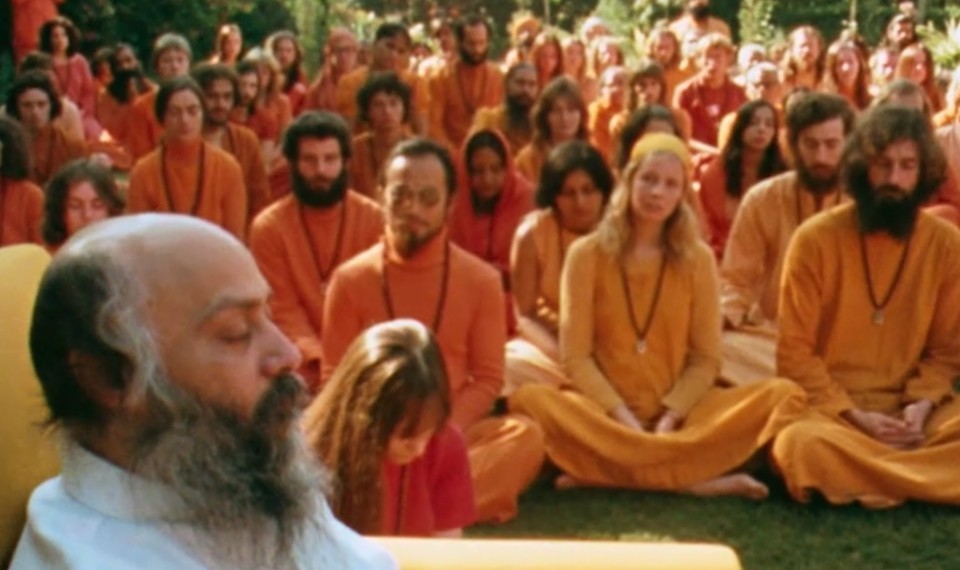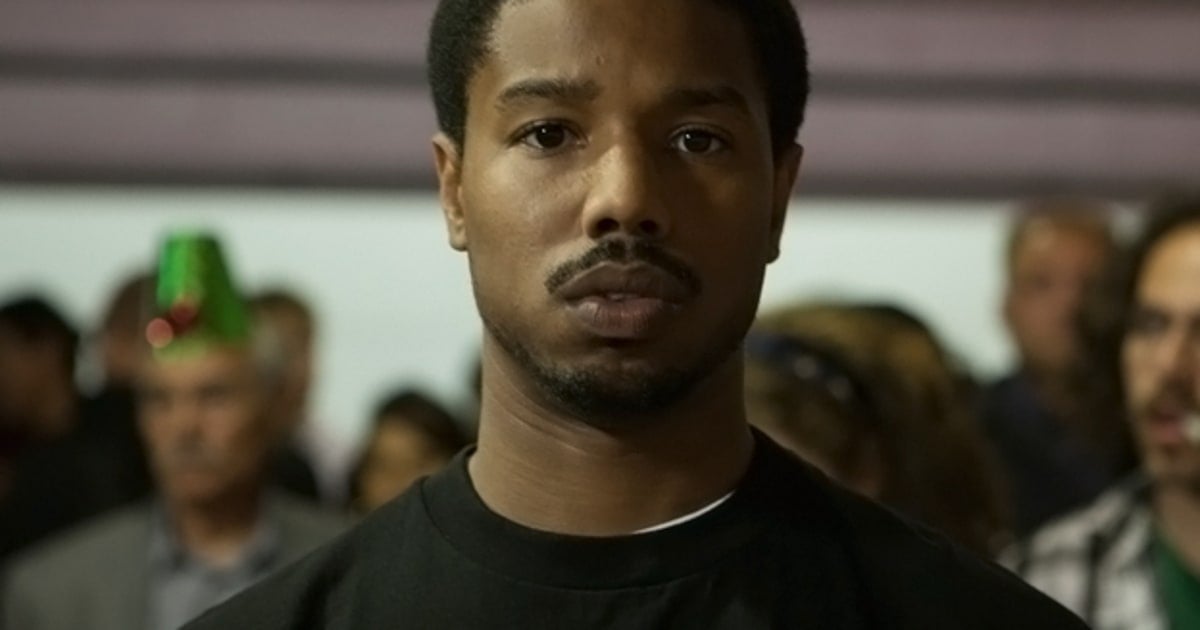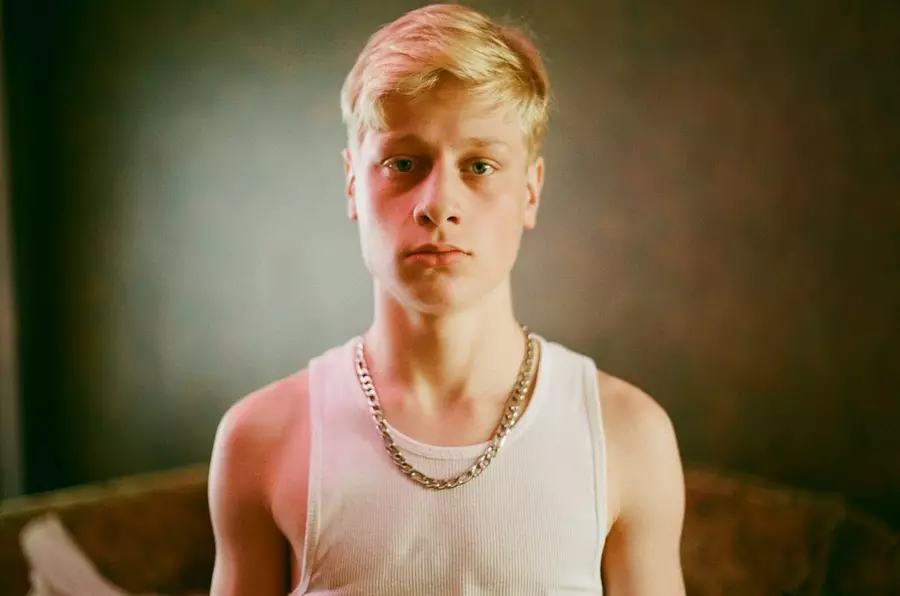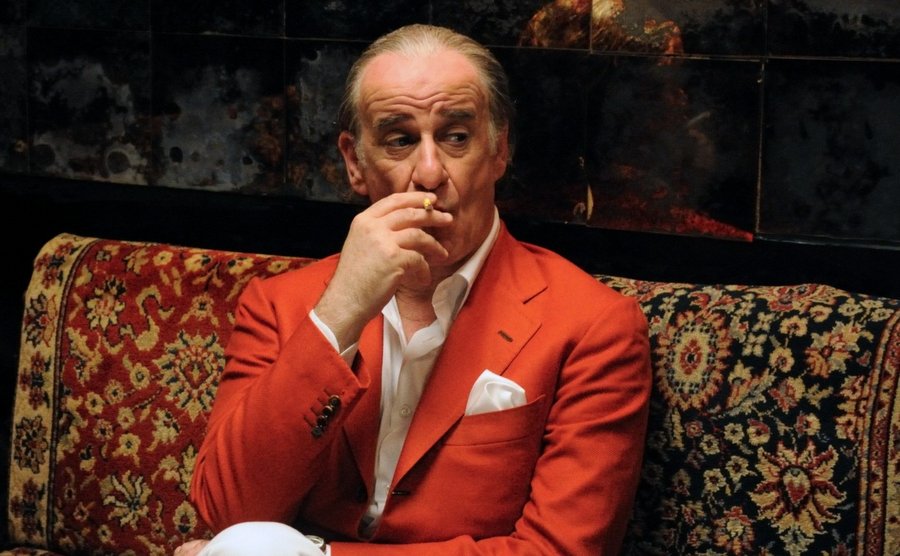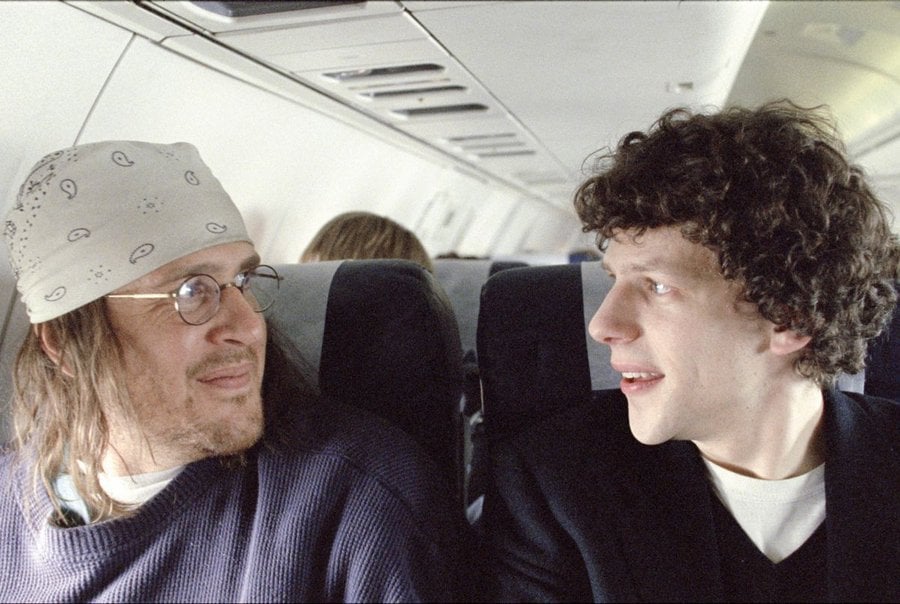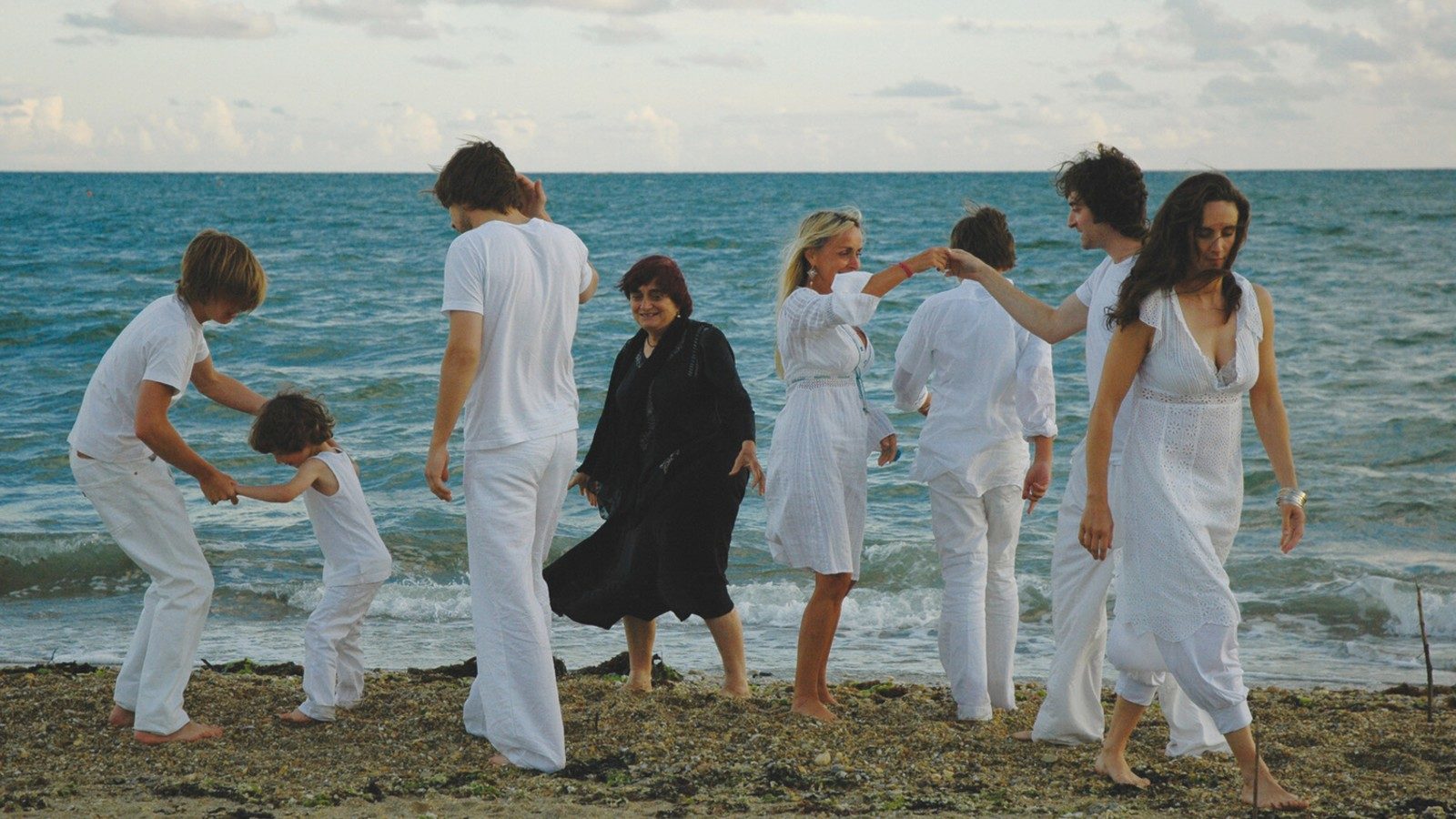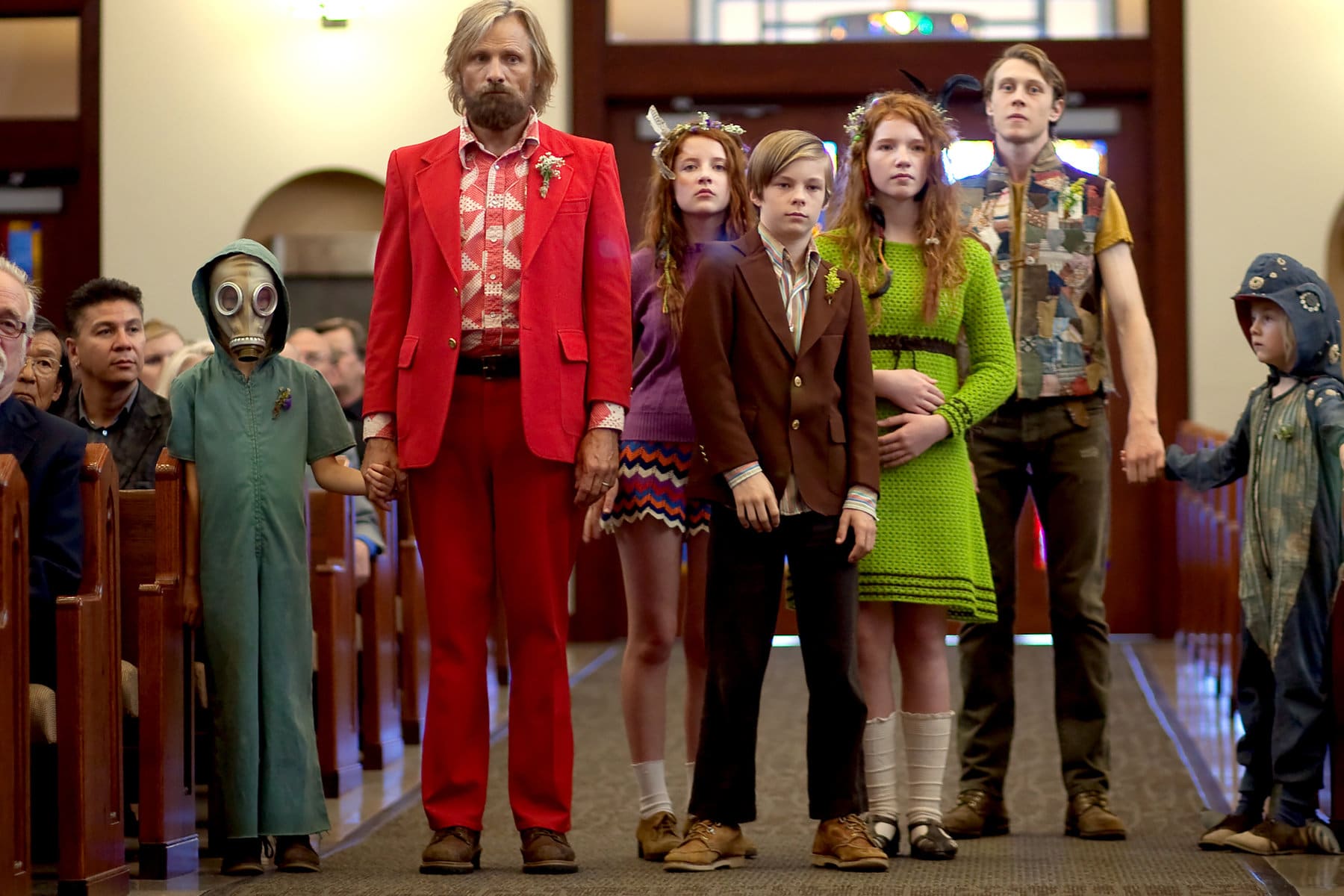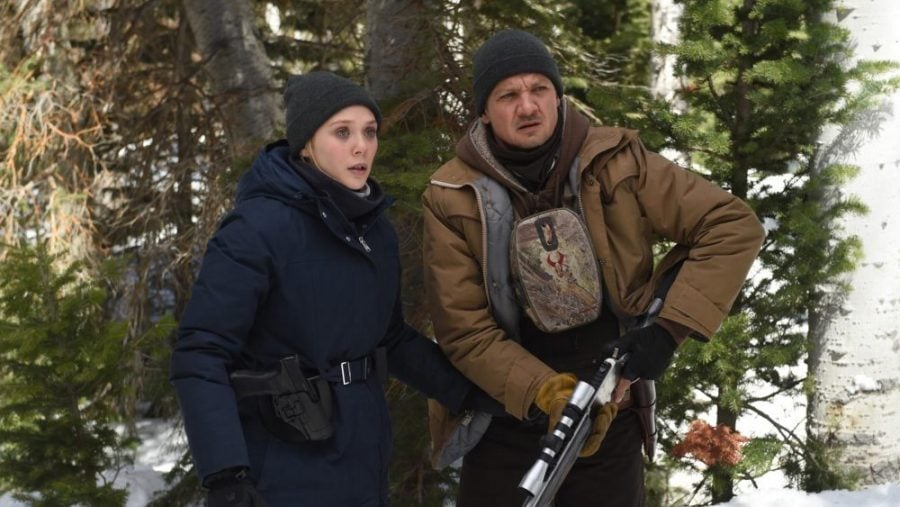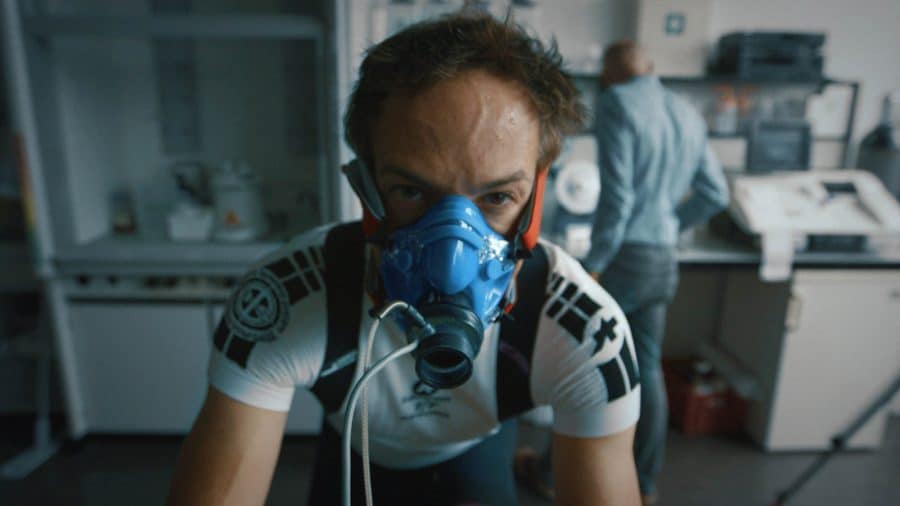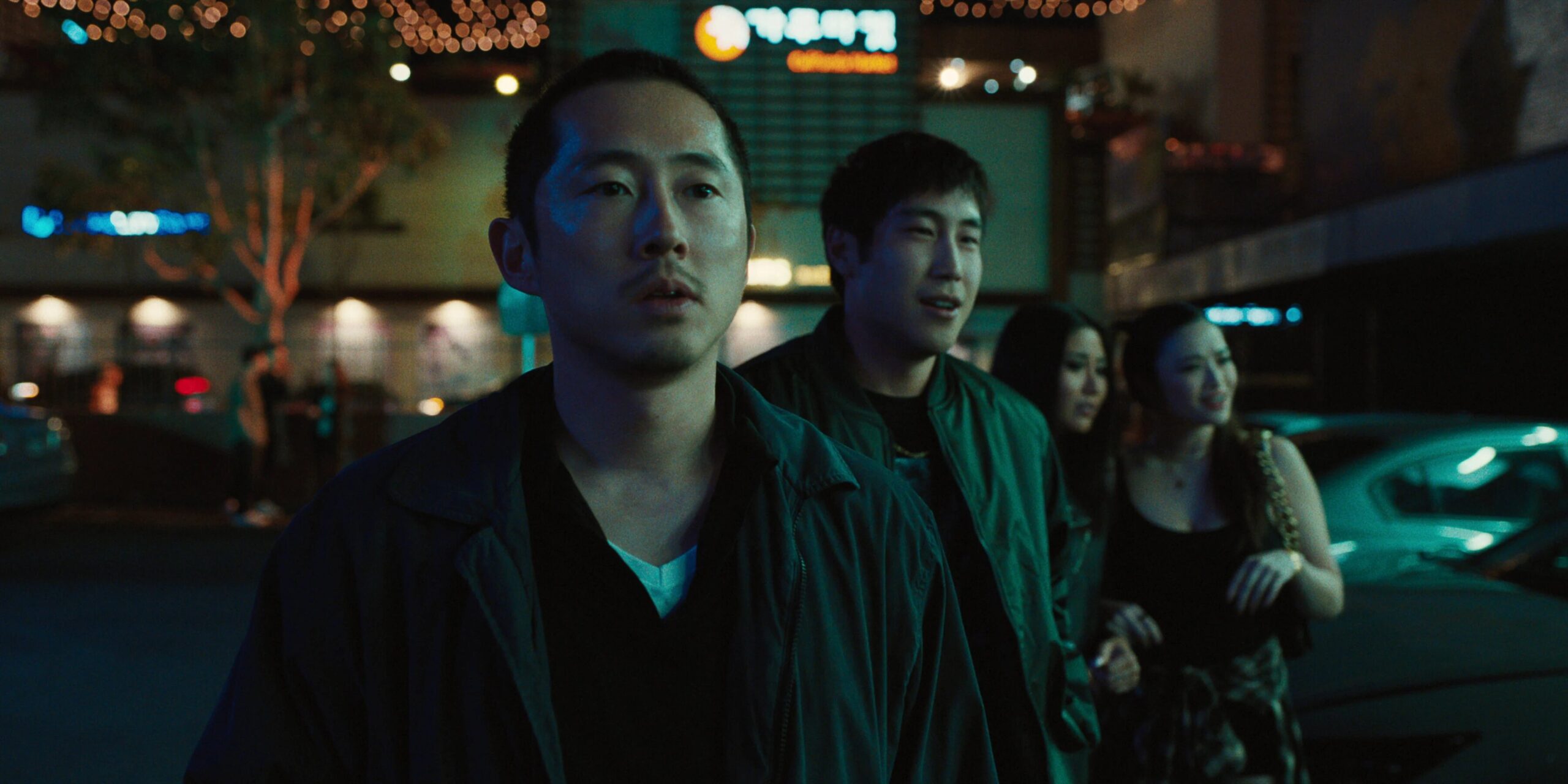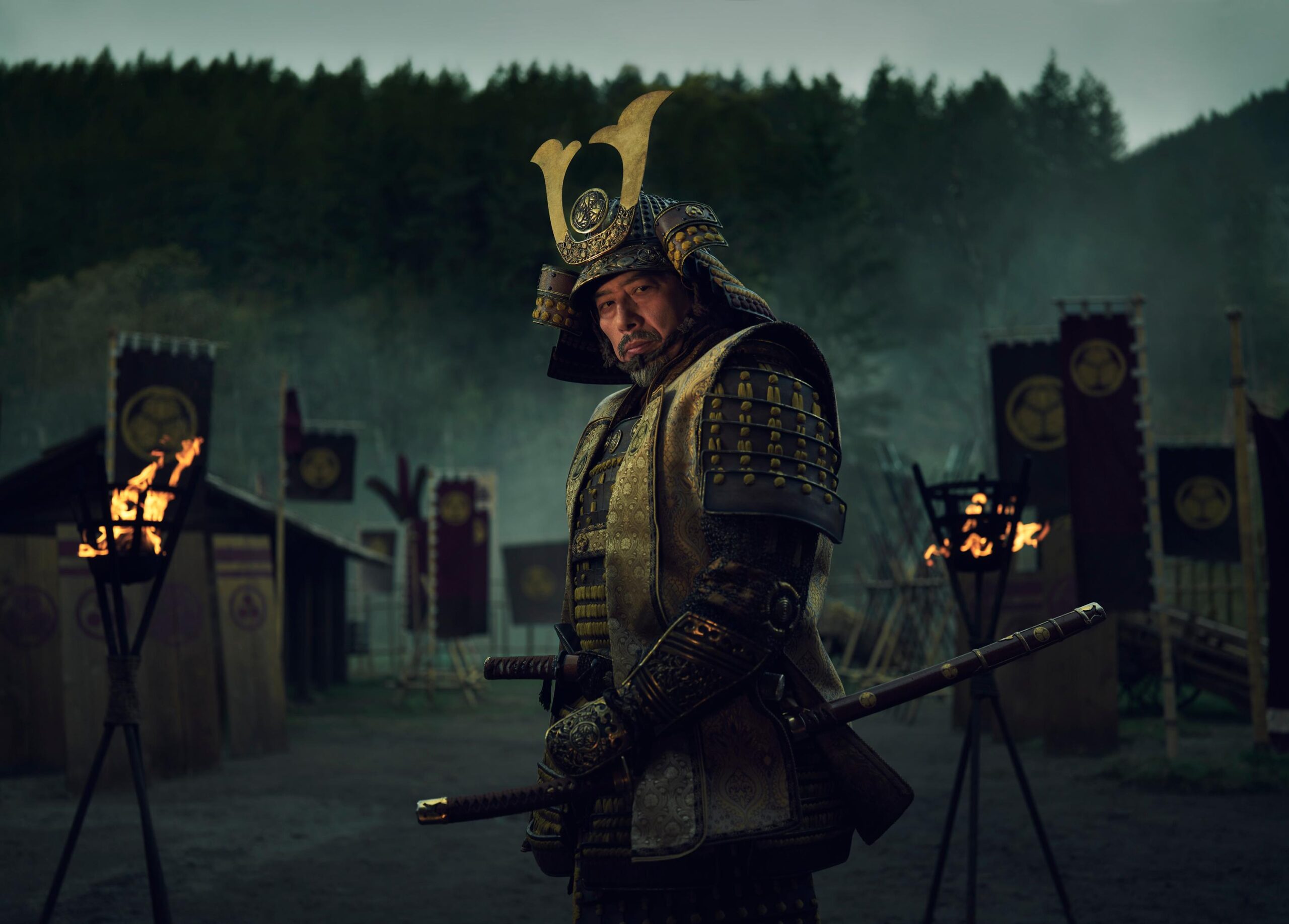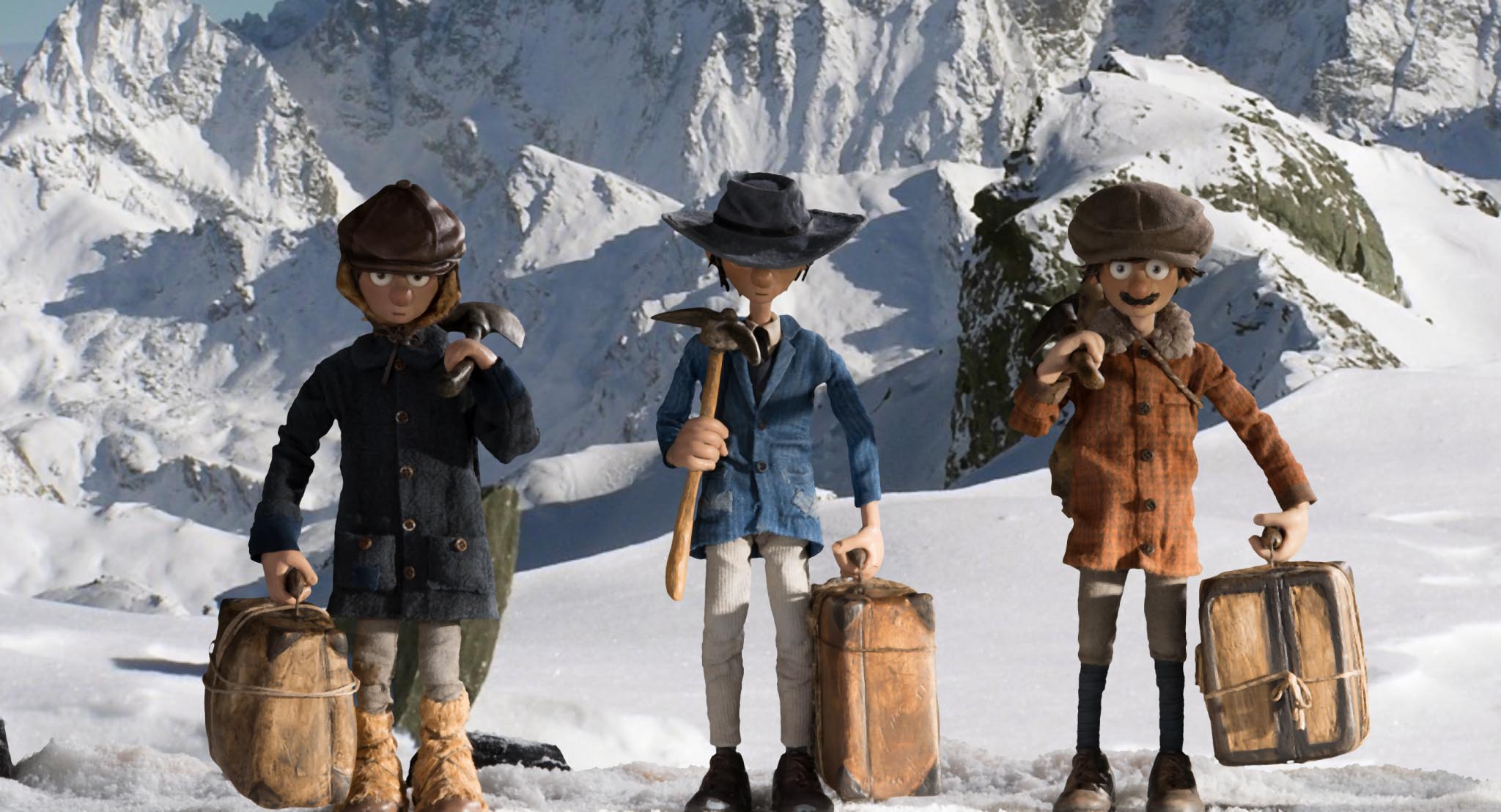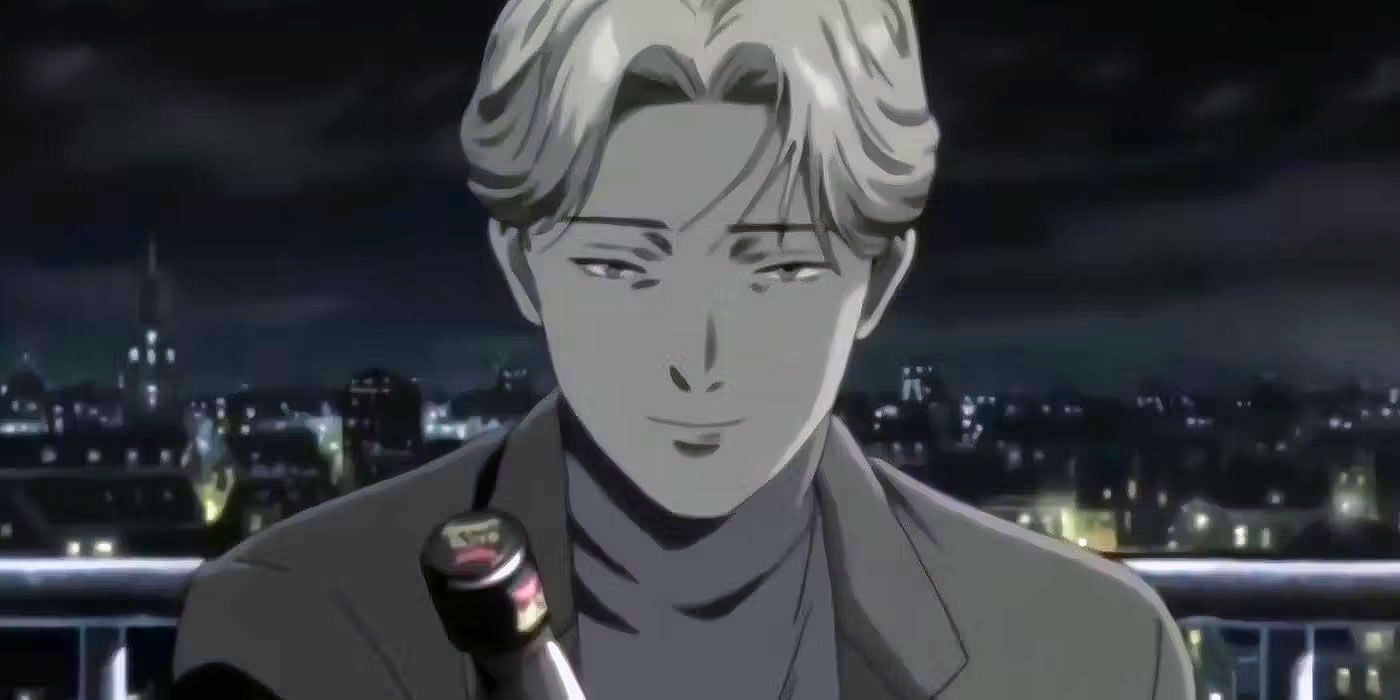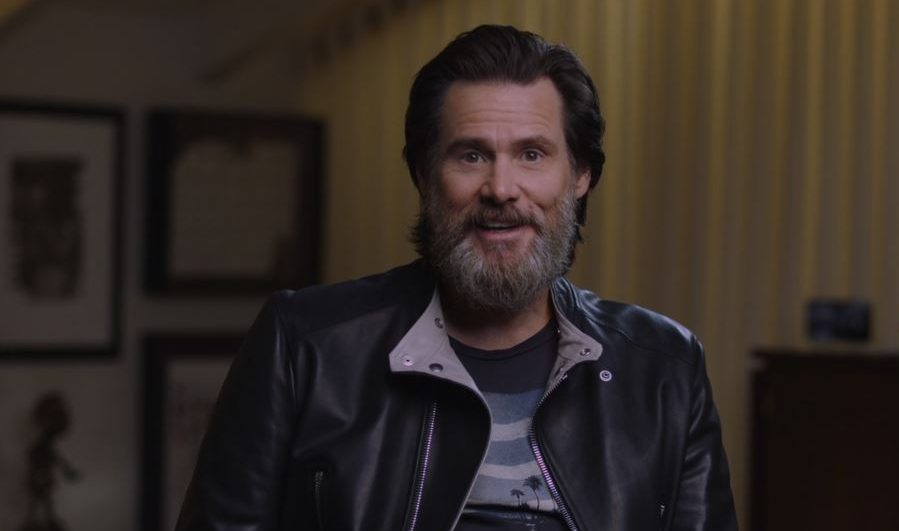Wild Wild Country follows the relocation of a hippie cult from India to Oregon in 1981. You haven't heard of Wasco Country? Nor had anybody else back then. This ghost town with a handful of god-fearing inhabitants, soon became Rajneeshpuram, the cult's new homestead, home to a thousand disciples, and the subject of nationwide media attention. Spoiler: the town's old residents did not think much of it.
Will there be debaucherous orgies, long-haired drop-outs, preaching and chanting? Yes. But, through historical footage and interviews with contemporaries, including Ma Anand Sheela, the power-hungry secretary of the orange-clad guru, you will also be absorbed by chemical weapons and attempted murder, one of the biggest immigration fraud case in US history, and, of course, the mysterious and not-so-mysterious ways that a charismatic cult attracts and manipulates its followers. Across six one-hour episodes, this Netflix miniseries by brothers Maclain and Chapman Way gives a captivating, exhaustive, and powerful account of one of the stranger moments in American media history.
Genre: Crime, Documentary
Actor: George Meredith, Ma Anand Sheela, Osho, Philip Toelkes
Director: Chapman Way, Maclain Way

